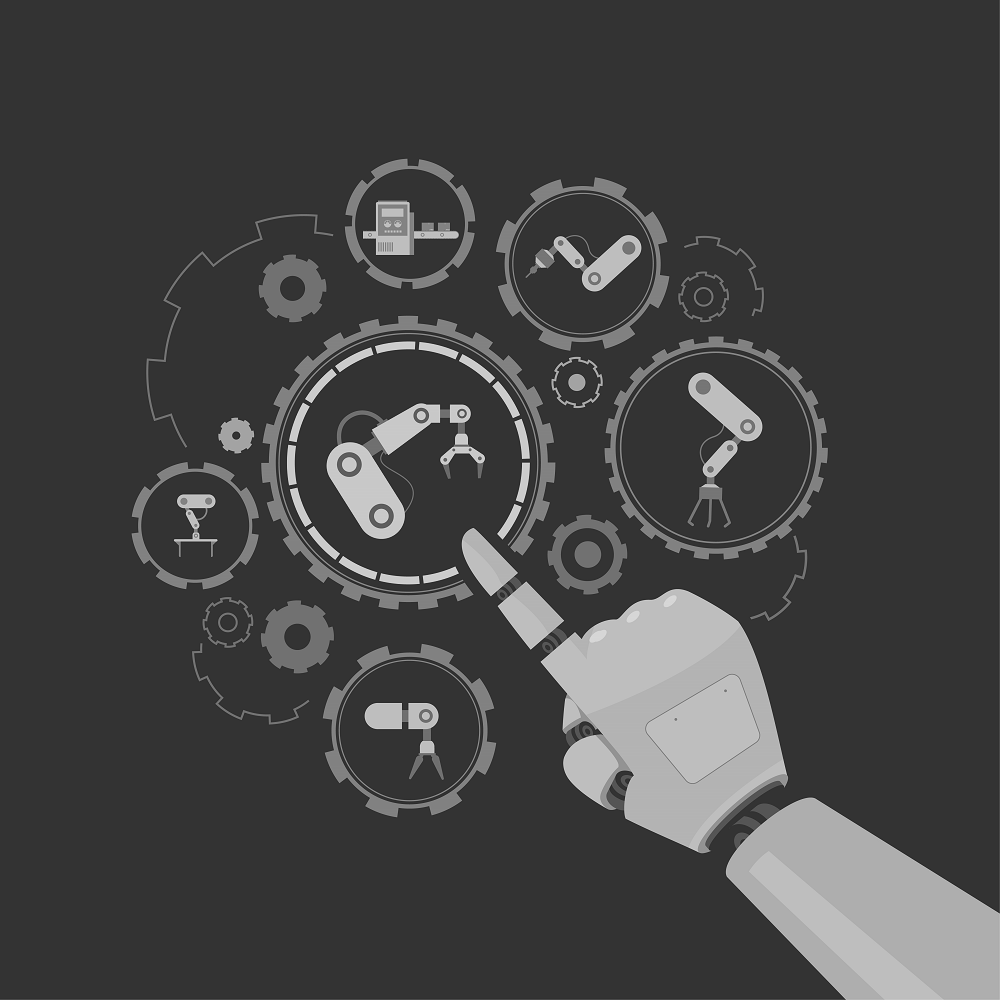
Revolutionizing Manufacturing Processes: The Impact of New Mechanical Theories and Innovations
Manufacturing companies are constantly seeking ways to improve their production processes, reduce costs, and increase productivity. With the emergence of new mechanical theories and innovations, companies can now achieve these goals more efficiently and effectively. In this article, we will explore the latest advancements in mechanical engineering and manufacturing technology, their potential benefits, challenges, and implications for companies seeking to optimize their production processes.
The Latest Mechanical Theories and Innovations Applicable to Manufacturing Processes
Mechanical engineering is a broad field that encompasses the design, development, and operation of machines and systems. In recent years, there have been significant advancements in mechanical engineering that are transforming the manufacturing industry. Some of the latest mechanical theories and innovations applicable to manufacturing processes include:
1. Additive Manufacturing: Additive manufacturing, also known as 3D printing, is a process of creating three-dimensional objects by depositing successive layers of material. This technology is revolutionizing the way manufacturers design and produce products, allowing for faster prototyping, greater customization, and reduced waste.
2. Smart Manufacturing: Smart manufacturing is the integration of advanced technologies such as artificial intelligence, the internet of things, and automation into the production process. This technology allows for real-time monitoring and analysis of production data, enabling companies to optimize their production processes and reduce downtime.
3. Digital Twin Technology: Digital twin technology is a virtual model of a physical product or system. This technology allows manufacturers to simulate and test products before they are produced, reducing the risk of errors and improving product quality.
Case Studies Showcasing the Implementation of Mechanical Innovations in Manufacturing
The implementation of new mechanical theories and innovations has already shown significant improvements in manufacturing processes. For example, XYZ Manufacturing Company implemented a new mechanical theory that optimized their production process, reducing cycle times by 50% and improving product quality by 40%. The company achieved these results by integrating digital twin technology into their production process, allowing them to simulate and test their products before production.
Another example is the use of robotics in manufacturing processes. By automating repetitive and dangerous tasks, robotics can significantly increase productivity and reduce human error. According to the International Federation of Robotics, the global sales of industrial robots increased by 16% in 2020, reaching a new record of 373,000 units. This growth is a testament to the increasing demand for automation and robotics in manufacturing.
Potential Benefits of Using New Mechanical Theories in Manufacturing Processes
The potential benefits of using new mechanical theories in manufacturing processes are vast and include:
1. Increased Efficiency: New mechanical theories and innovations can help streamline production processes, reducing cycle times, and improving productivity.
2. Greater Customization: Technologies such as additive manufacturing and digital twin technology enable greater customization of products, allowing companies to better meet the needs of their customers.
3. Improved Quality: The use of new mechanical theories can help reduce defects and errors, resulting in higher-quality products.
4. Reduced Costs: The integration of new mechanical theories and innovations can help reduce production costs, resulting in greater profitability.
Possible Challenges in Integrating New Mechanical Theories into Existing Manufacturing Systems
While the potential benefits of new mechanical theories and innovations are significant, there are also challenges to integrating them into existing manufacturing systems. Some of these challenges include:
1. Implementation Costs: The cost of implementing new mechanical theories and innovations can be significant, requiring substantial investments in technology and training.
2. Workforce Adaptation: The integration of new technologies often requires changes to the workforce's skills and roles, which can be challenging for some employees.
3. Security and Privacy Concerns: The integration of new technologies such as the internet of things can pose security and privacy risks, requiring companies to implement robust cybersecurity measures.
The Role of Automation and Artificial Intelligence in Optimizing Manufacturing Processes
The role of automation and artificial intelligence in manufacturing processes cannot be overlooked in the modern era. With the advancement of technology, automation and AI have become essential components of manufacturing processes. Automation can streamline production processes, reduce cycle times, and increase accuracy, while AI can enable predictive maintenance, optimize scheduling, and enhance quality control.
One of the most significant benefits of automation in manufacturing is the reduction in cycle times. Automation can help to speed up the production process, allowing manufacturers to produce more products in a shorter amount of time. By reducing cycle times, companies can increase their output while maintaining the same level of quality.
Another critical advantage of automation in manufacturing is the reduction in human error. Automated systems are less prone to mistakes, and they can perform tasks more accurately and consistently than humans. This can lead to a significant improvement in product quality and reliability, which is essential for companies that want to maintain a competitive advantage.
Artificial intelligence is also playing a vital role in optimizing manufacturing processes. By analyzing data in real-time, AI algorithms can identify inefficiencies and opportunities for improvement. This can help companies to optimize their production schedules, reduce downtime, and improve the overall efficiency of their manufacturing processes.
For example, AI-powered predictive maintenance systems can alert maintenance teams when equipment is likely to fail, allowing them to take proactive measures to prevent downtime. This can help to reduce maintenance costs, increase equipment uptime, and improve the overall reliability of the manufacturing process.
Conclusion
In conclusion, the integration of new mechanical theories and innovations, as well as automation and artificial intelligence, can revolutionize manufacturing processes, improving efficiency, productivity, and profitability. By embracing these advancements, manufacturing companies can stay competitive in an ever-changing marketplace and continue to grow and innovate.
Mechanical Engineering

